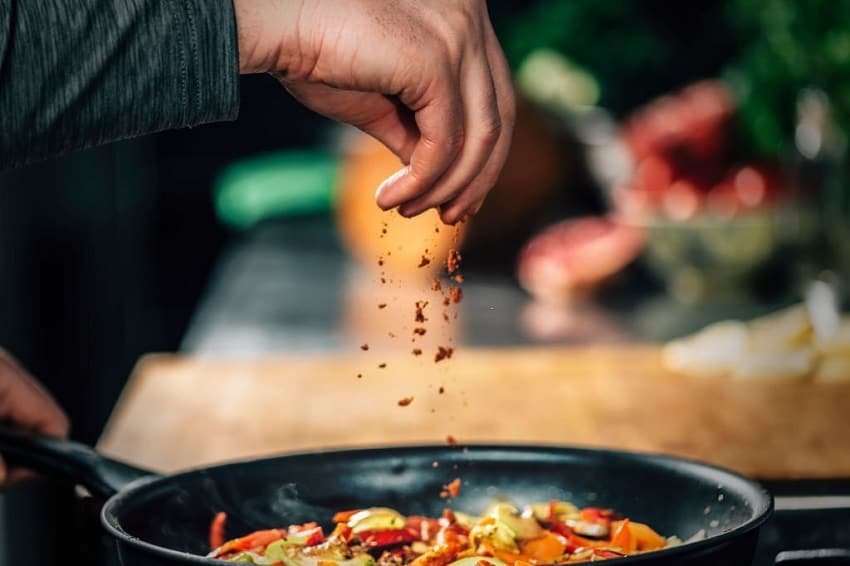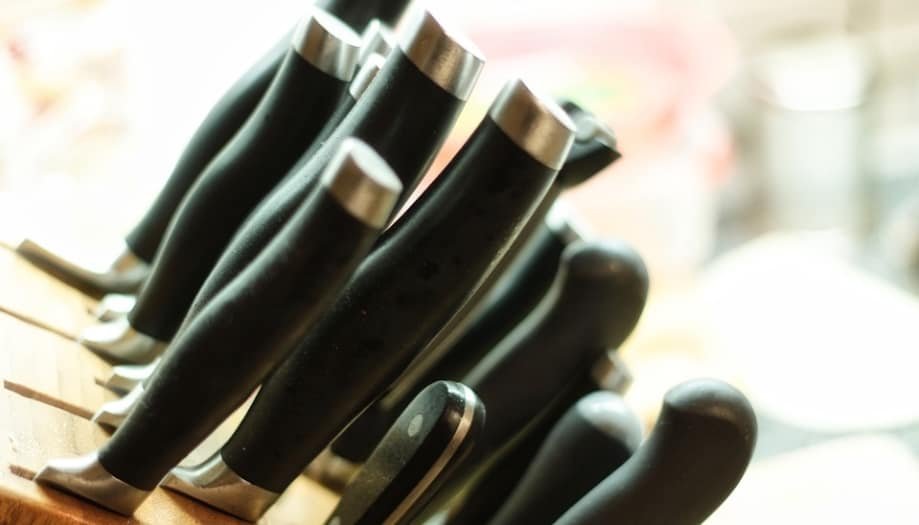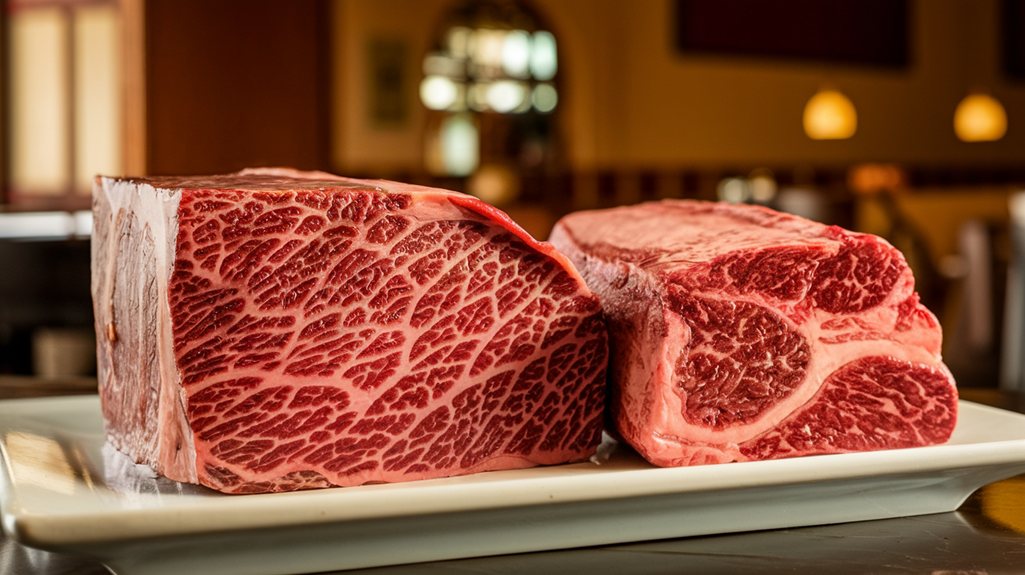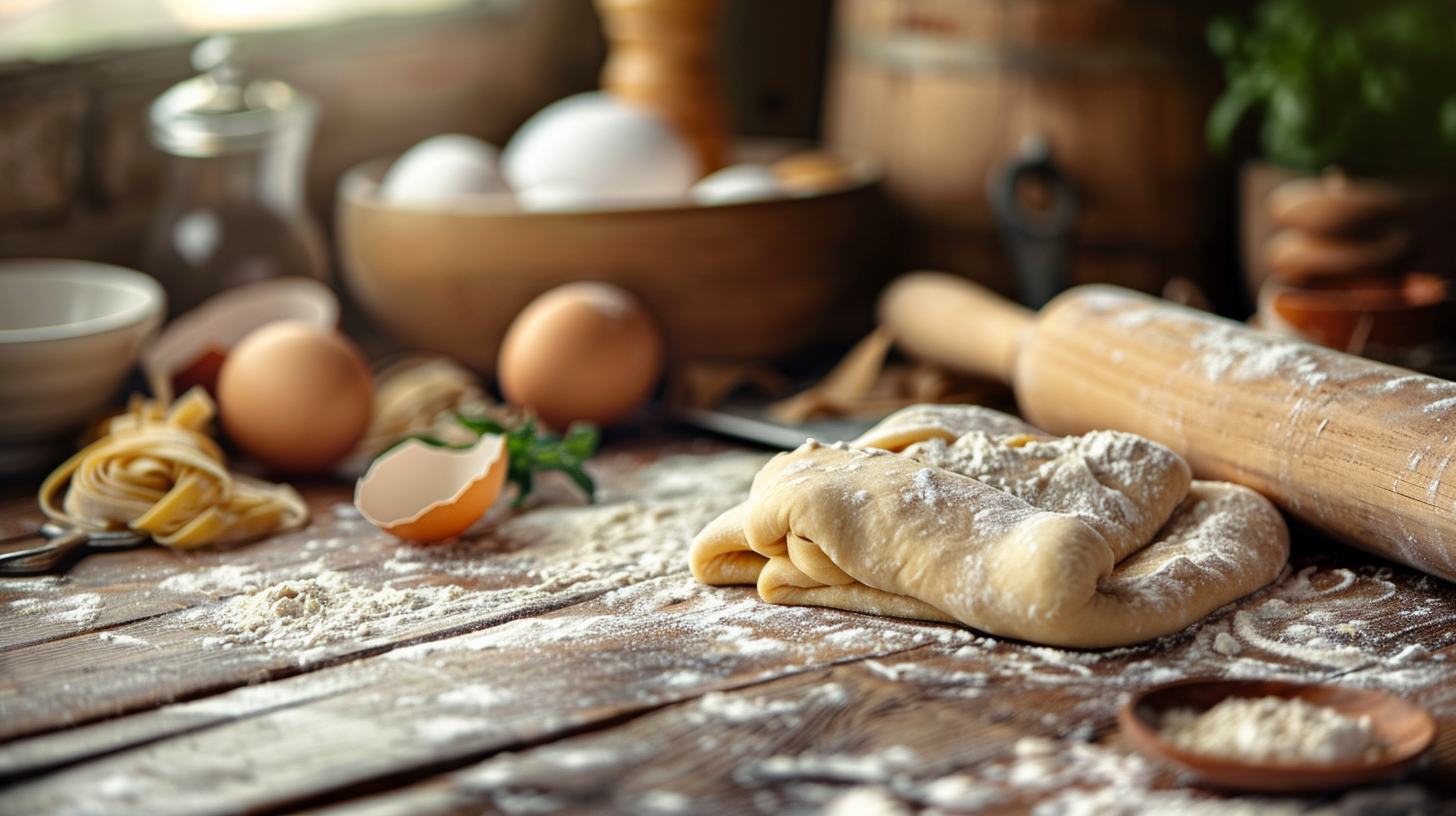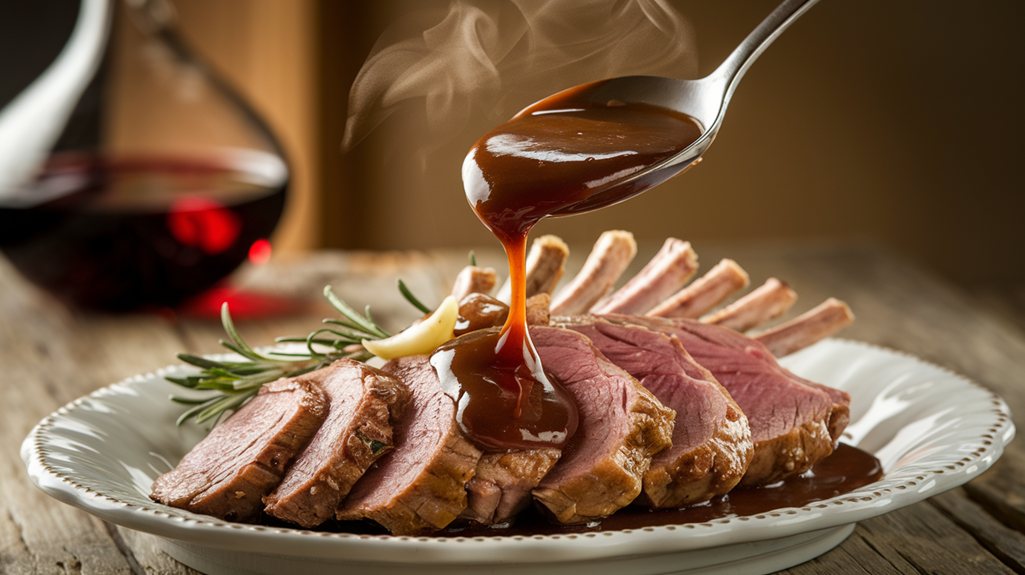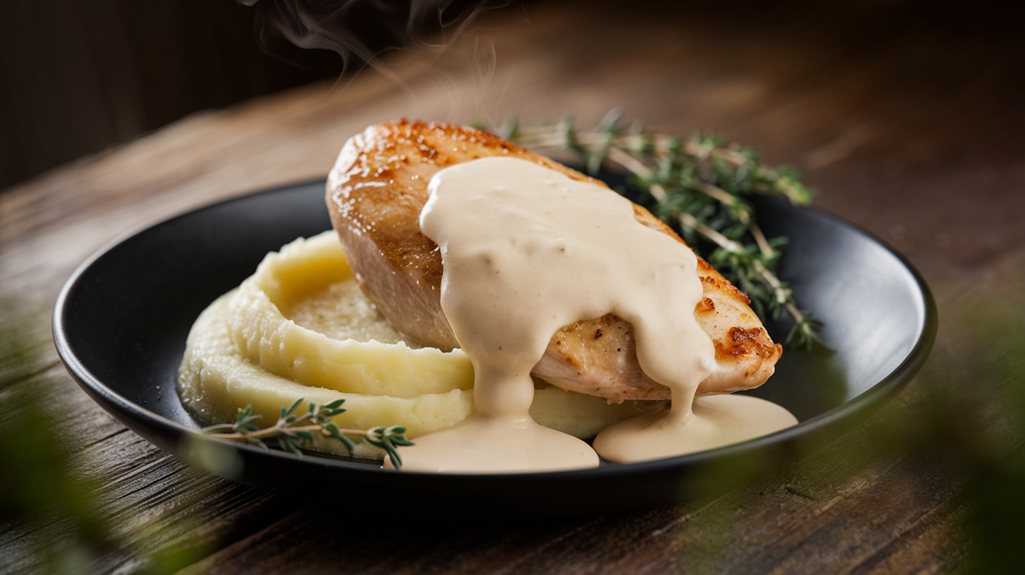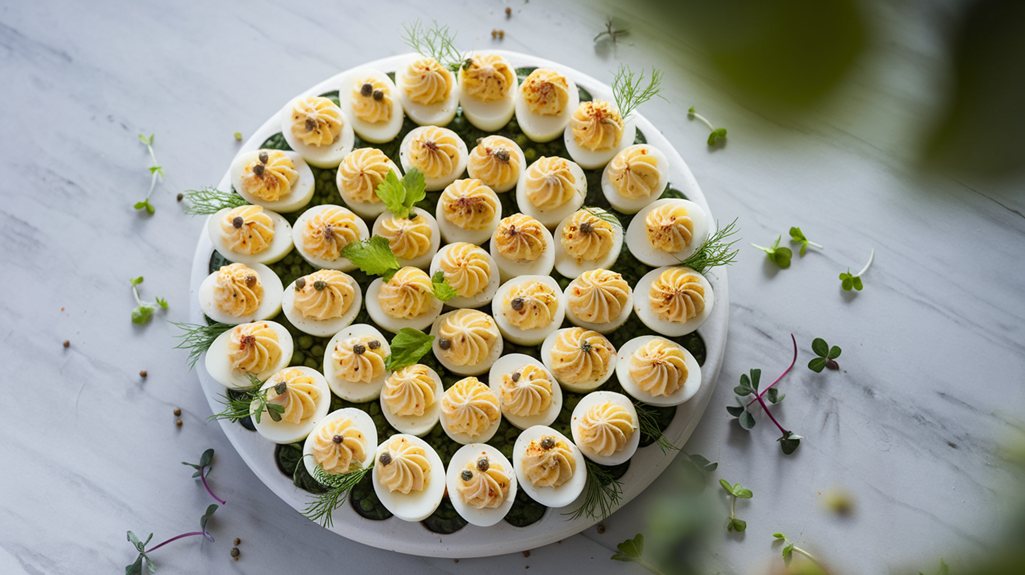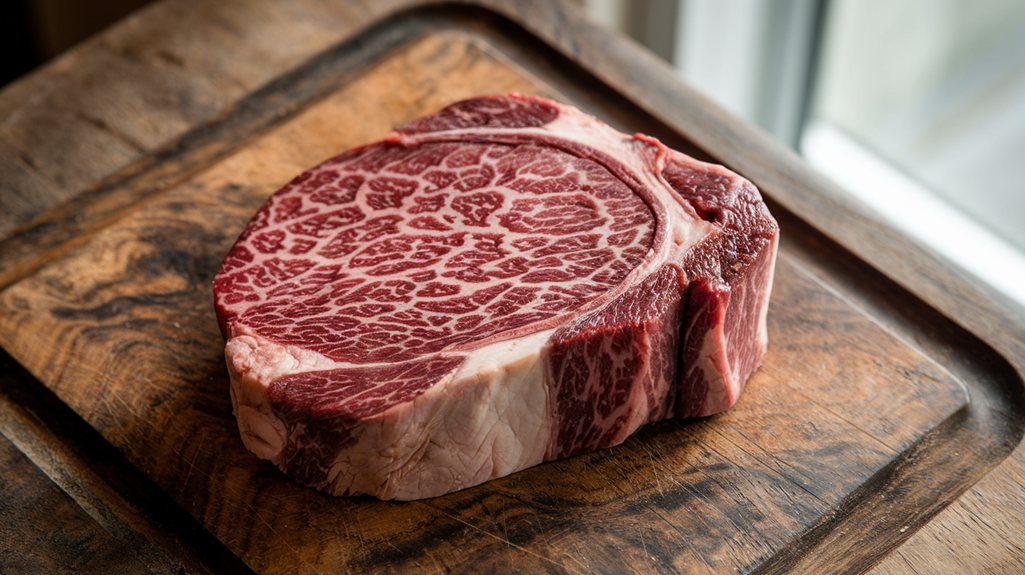I had no idea what it was like to be a chef when I decided to go to cooking school; I only knew that I wanted to go. I had so many questions in my head and wanted to know more. It was both the most challenging and best time of my life. I still recall all the victories and failures. From culinary school to every job I have had in the kitchen, these things made me a better chef.
Although cooking isn’t difficult, it can be complex. The quality of the final dish can be affected by small variables. This post will cover the basics, tips, and tricks of essential cooking lessons I’ve learned.
Learn from culinary masters such as Gordon Ramsay, Gabriela Cámara, Chef Thomas Keller, Yotam Ottolenghi, Dominique Ansel, Alice Waters, etc. With the Annual MasterClass Membership, you can become a better chef.
I’ve used and recommend both cookware sets, the ScanPan 10-Piece Cookware Set and the All-Clad Tri-Ply Stainless Steel Cookware; both are well-made pans with a solid, heavy bottom, heat fast, and they get the job done. Visit the ScanPan or All-Clad on Amazon.
Best Cooking Tips and Tricks
- Take the time to read the recipe. Nearly everyone has attempted to prepare a recipe only to discover mid-way through that it needed several hours of chilling before serving it. You can avoid surprises and make sure you have the right ingredients.
- Follow the directions at least once: Cooking is both a science and an art. We recommend that you follow the instructions exactly the first time. Once you have mastered the recipe, you can improvise and create your version.
- Preparation is vital: Organize and arrange all the necessary equipment before cooking. This is called mise en place in cooking school. It is much easier to prepare a recipe when you have all the necessary tools and components. We don’t know how many pounds of pasta we have overcooked while searching for a colander at the very last minute.
- Freshness is essential: Use good ingredients. Don’t expect to make a souffle out of old eggs. A can of sweet, vibrant tomatoes will make a better sauce than a can full of stringy, bitter tomatoes. Low-quality meats can also produce low-quality results. Follow our suggestions (How to Stock your Pantry and Refrigerator).
- Follow the instructions: Follow the instructions on how to prepare the food. Correctly chopping and preparing food will ensure that it cooks simultaneously. It will also look more appealing visually.
- Limit Substitutions to a Minimum: We found specific substitutions acceptable in a pinch. It is best to stick with the original recipe. This is especially true for baking, where any slight change could spell disaster. Check out our list of emergency substitutions in the test kitchen.
- Use the appropriate equipment: You will get thinner cake layers if you use a 9-inch pan for the cake batter instead of the 8-inch recommended. The chicken will steam if you cook four chicken cutlets in an 8-inch skillet instead of the 12-inch one in the recipe.
- Preheat Your Oven: Most ovens require at least 15 minutes to heat thoroughly. It would be best if you plan accordingly. You should heat your oven thoroughly before baking or roasting. This will cause your food to spend more time in the oven, resulting in dry and overcooked food. Baked goods can also suffer from this problem. Place the racks in the oven according to the instructions. Baked on the middle rack, pie crusts browned adequately on the lower rack will turn pale.
- Monitor the Dish As It Cooks: These cooking times are only guidelines. Observing the instructions in the recipe is essential, as ingredients and equipment can vary. Don’t wait to see if the time is up to verify the recipe. Start checking the time 5-10 minutes before it expires.
- Must taste the dish before it is served: Most recipes call for the cook to adjust the seasonings. You must taste the food. Seasoning food is done by lightly coating it with salt during cooking. Then, we add more salt as necessary. You should test any food that will chill before serving it, such as gazpacho. You might need to adjust the seasonings slightly if you serve gazpacho cold.
- Learn from your mistakes: Even experienced cooks can make mistakes. An experienced cook can identify the root cause of a failure and fix it so they don’t repeat the same mistakes. Cooking is no exception. It would help if you didn’t try a new recipe every week. It would help if you tried a new recipe at least once a month to master it.
- Enjoy Cooking: Enjoy your accomplishments. You will enjoy cooking and be more likely to get in the kitchen. Practice makes perfect.
